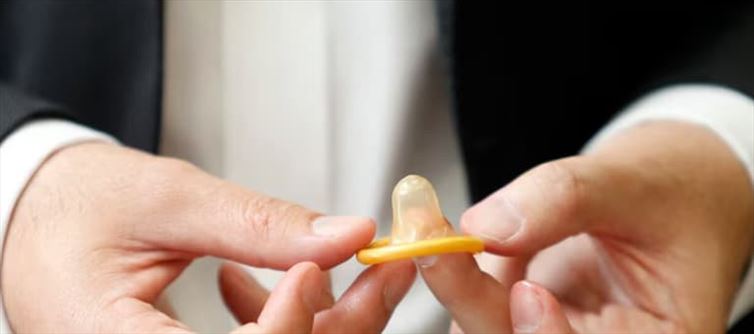
The plan is unlikely to pass the Republican-controlled Legislature, but if it does and is signed into law by Republican governor Tate Reeves, it would take effect in July, according to NBC News.
The Bill, which is unlikely to pass the House, said the following:
The so-called "Act" aims to "provide that it shall be unlawful for a person to discharge genetic material [or sperm] without the intent to fertilize an embryo; to provide for criminal penalties; to provide certain exceptions; and for related purposes."
Exceptions
The two exceptions mentioned in the Bill said the law shall not apply to the discharge of "genetic material":
(a) Donated or sold to a facility for future procedures to fertilize an embryo (sperm donation).
(b) Discharged with the use of a contraceptive or contraceptive method intended to prevent fertilization of an embryo (unprotected sex).
Punishments:
Upon conviction of a violation of this section, a person shall be fined:
(a) $1000.00 for a first offense;
(b) $5000.00 for a second offense; and
(c) 10,000.00 for a third or subsequent offense
Why was this bill introduced?
Blackmon made reference to the large number of state legislative legislation that has been presented in recent years that target women's access to reproductive health care, notably abortion, and contraception, in a statement to Jackson's NBC station, WLBT.
"All across the country, especially here in Mississippi, the vast majority of bills relating to contraception and/or abortion focus on the woman's role when men are fifty percent of the equation," he stated.
"This measure draws attention to that fact and includes the role of the guy in the discussion. I can't say that concerns me, but others can get all worked up about it and label it ridiculous.
According to an NBC story quoting KFF, a nonprofit organization that studies health policy problems, 12 states already have complete or almost complete abortion prohibitions, including Mississippi, while six more states prohibit abortions between six and 12 weeks of pregnancy.




 click and follow Indiaherald WhatsApp channel
click and follow Indiaherald WhatsApp channel